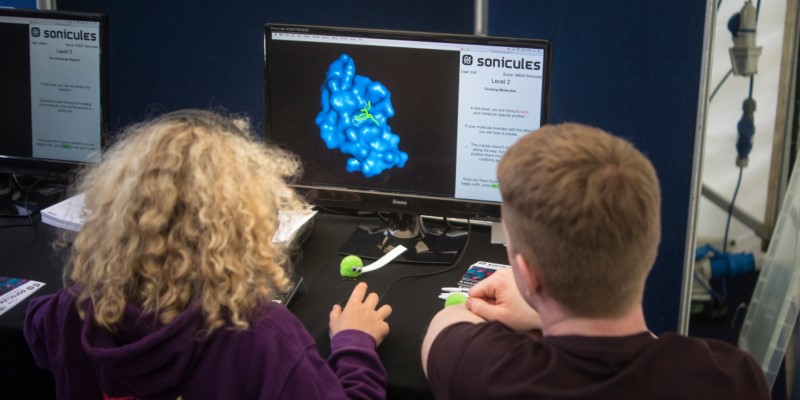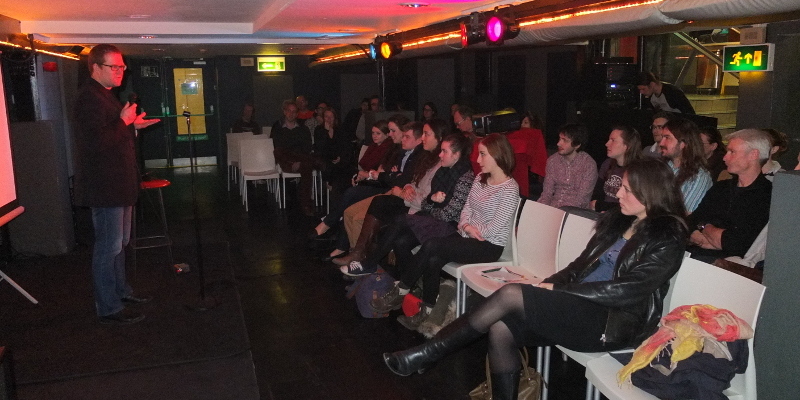
Public Engagement
The Centre for Future Health has promoted public engagement in the area of health across all departments of the University, empowering researchers with the understanding, skills and contacts to maximise the quality, reach and impact of the activities they plan and undertake.
The University of York has a strong and long-standing commitment to public engagement and is a signatory to the National Co-ordinating Centre for Public Engagement's 'Manifesto for Engagement'.
Working with other areas of Professional Support, the Centre has helped a range of academics to develop new ways of engaging the public with their research.
Although CFH has no money to directly finance new public engagement projects, it is possible to apply through CFH's Rapid Response Scheme for help with the cost of meetings and workshops with potential collaborators, whether internal and/or external, in order to develop new projects.
Co-production
CFH is committed to advancing best practice in co-production of resesarch with the public. Co-produced projects are those where academics and members of the public (and sometimes professionals as well) collaborate, in as equal manner as possible, on designing, carrying out, evaluating, promoting and translating the research.
To this end the Centre has produced two guides to co-producing research, one is a reference guide aimed at academic researchers and the other an introduction to the underpinning principles and some of the key practices and practicalities to be shared with members of the public.
The latter, entitled Stonger Together Guide to co-producing research (PDF ![]() , 6,610kb) is freely available under a Creative Commons BY-NC-ND 4.0 License. A screen-reader friendy version is also available.
, 6,610kb) is freely available under a Creative Commons BY-NC-ND 4.0 License. A screen-reader friendy version is also available.
Involvement @ York
CFH funding supports Involvement@York, the patient and public involvement (PPI) network at the University of York.
The network draws together all areas of public involvement in health and social care research across the University, as well as serving as the ‘hub’ for recruitment of patients, carers, service users and members of the public.

